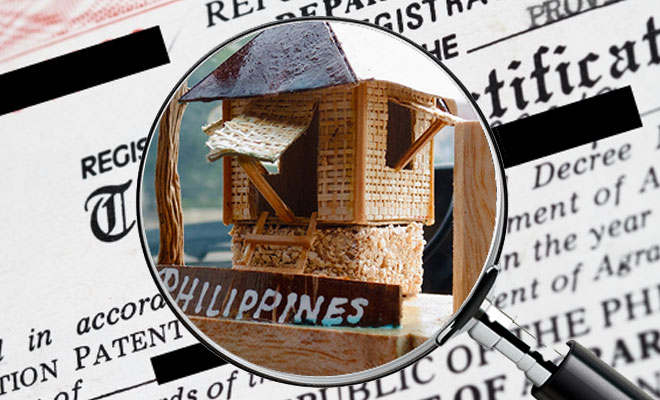What you can do to avoid being a victim of Investment Scam?
* Ask questions and check out very carefully each and every answer
Scammers knows the sad truth that many people simply are gullible and don’t even bother to do some further investigation before investing. So take the necessary time and do your own independent research.
Research the company before you invest.
Make sure you have a full understanding regarding the company’s business and products/services before investing. Checking their background with Security Exchange Commission is a must, make sure that they both REGISTERED and ALLOWED TO SELL stocks. Keep this in mind, SEC registration alone is not enough, they should have allowed by SEC as well to see stocks. If SEC will allow you, check out the company’s financial statements as well.
Remember that unsolicited emails, message board postings, and company news releases should never be used as the sole basis for your investment decisions.
Know the salesperson.
Spend some time checking out the person touting the investment before you invest – even if you already know the person socially. Always find out whether the securities salespeople who contact you are licensed to sell securities in your state and whether they or their firms have had run-ins with regulators or other investors.
Be wary of unsolicited offers.
Be especially careful if you receive an unsolicited fax or e-mail about a company — or see it praised on an Internet bulletin board — but can find no current financial information about the company from other independent sources. Many fraudsters use e-mail, faxes and Internet postings to tout thinly traded stocks, in the hopes of creating a buying frenzy that will push the share price up so that they can sell their shares. Once they dump their stock and quit promoting the company, the share price quickly falls. And be extra wary if someone you don’t know and trust recommends foreign or “off-shore” investments. When you send your money abroad, and something goes wrong, it’s more difficult to find out what happened and to locate your money.
Here are some red flags warnings of fraud:
- If it sounds too good to be true, it is. Compare promised yields with current returns on well-known stock indexes. Any investment opportunity that claims you’ll get substantially more could be highly risky. And that means you might lose money.
- “Guaranteed returns” aren’t. Every investment carries some degree of risk, and the level of risk typically correlates with the return you can expect to receive. Low risk generally means low yields, and high yields typically involve high risk. If your money is perfectly safe, you’ll most likely get a low return. High returns represent potential rewards for folks who are willing and financially able to take big risks. Most fraudsters spend a lot of time trying to convince investors that extremely high returns are “guaranteed” or “can’t miss.” Don’t believe it.
- Beauty isn’t everything. Don’t be fooled by a pretty website – they are remarkably easy to create.
- Pressure to send money RIGHT NOW. Scam artists often tell their victims that this is a once-in-a-lifetime offer, and it will be gone tomorrow. But resist the pressure to invest quickly, and take the time you need to investigate before sending money. If it is that good an opportunity, it will wait.
Con artists are experts at gaining your confidence. So be certain to treat all unsolicited investment opportunities with extreme caution. Whether you hear about the opportunity through an email, phone call, or a fax, be certain to check out both the person and firm making the offer and the investment they are pushing.
Remember – an educated investor is our best defense against fraud! But, if you need a professional Investment Fraud Investigation service, we are more than happy to help you, click here to contact us.
Source : https://www.sec.gov/investor/pubs/avoidfraud.htm





